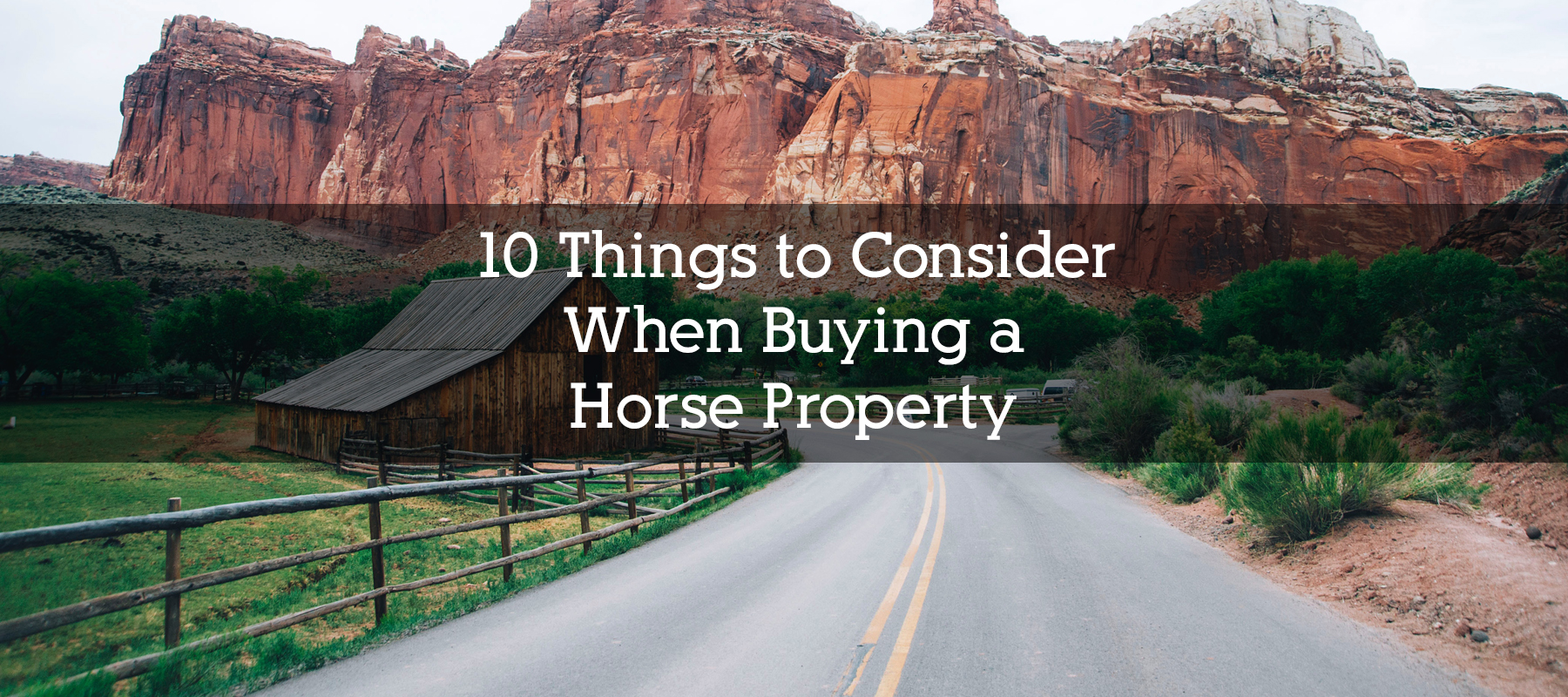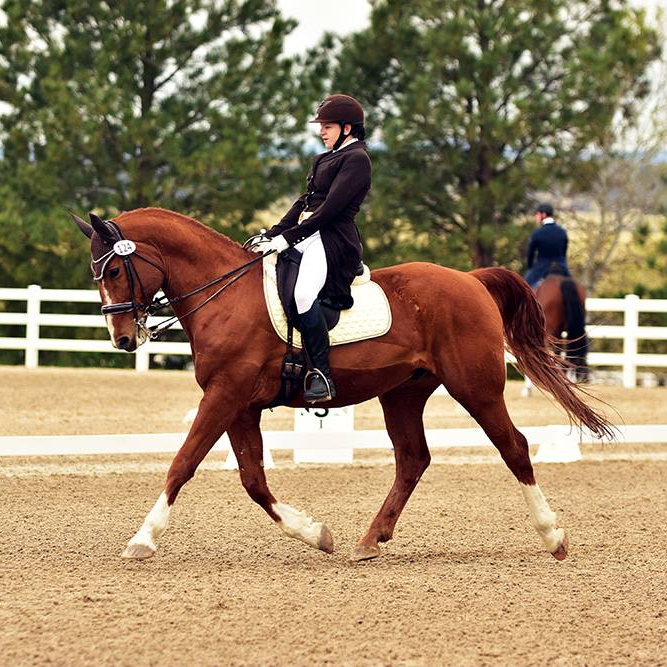Delve into our blog articles to uncover essential horsecare tips specifically tailored to the dynamic environment of Colorado. From managing equine health in varying altitudes to addressing the challenges posed by seasonal changes, our content provides comprehensive guidance for horse owners looking to ensure the well-being and vitality of their beloved companions in the unique landscapes of Colorado.
-
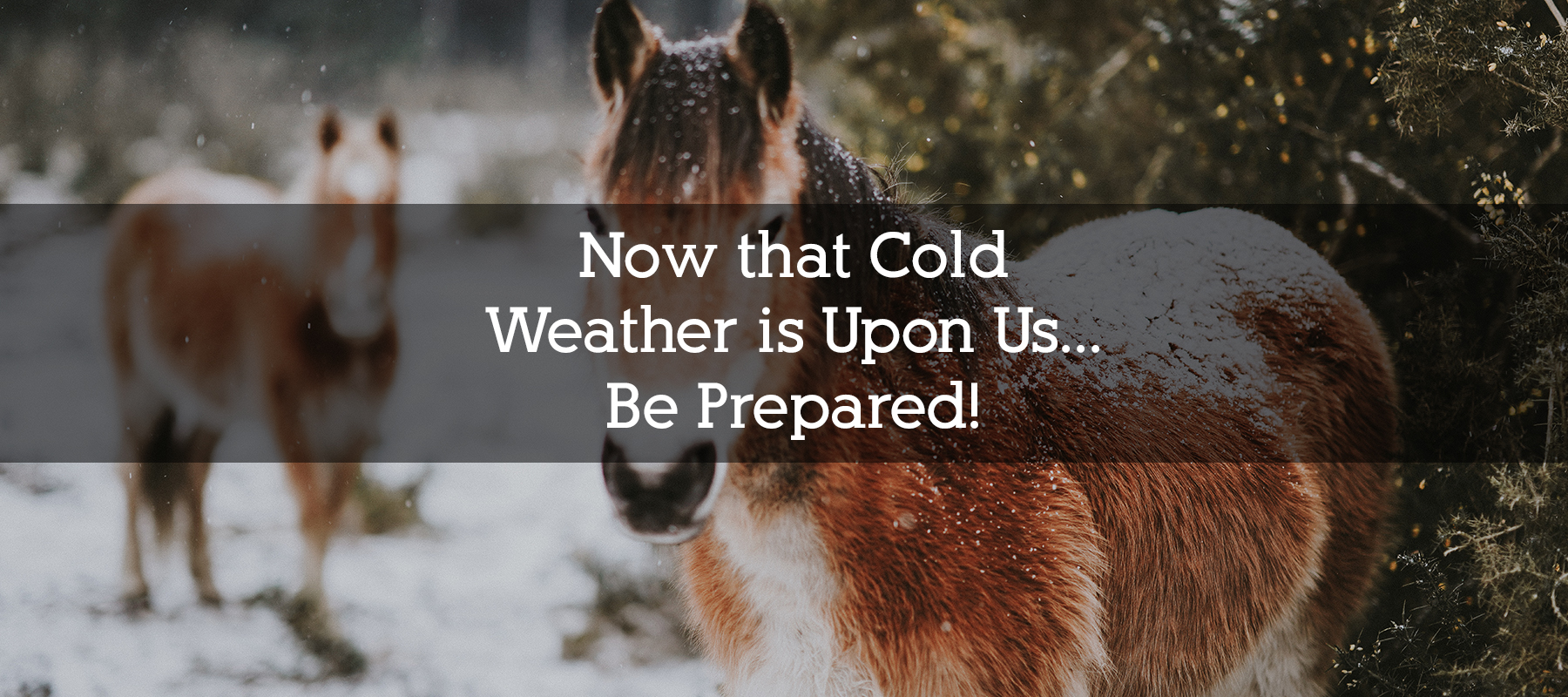
Now that Cold Weather is upon us… Be Prepared!
Read more: Now that Cold Weather is upon us… Be Prepared!The cold has arrived here in Colorado. And if you are like the rest of us, you were scrambling yesterday to make sure your horse (and barn) were ready for […]
-
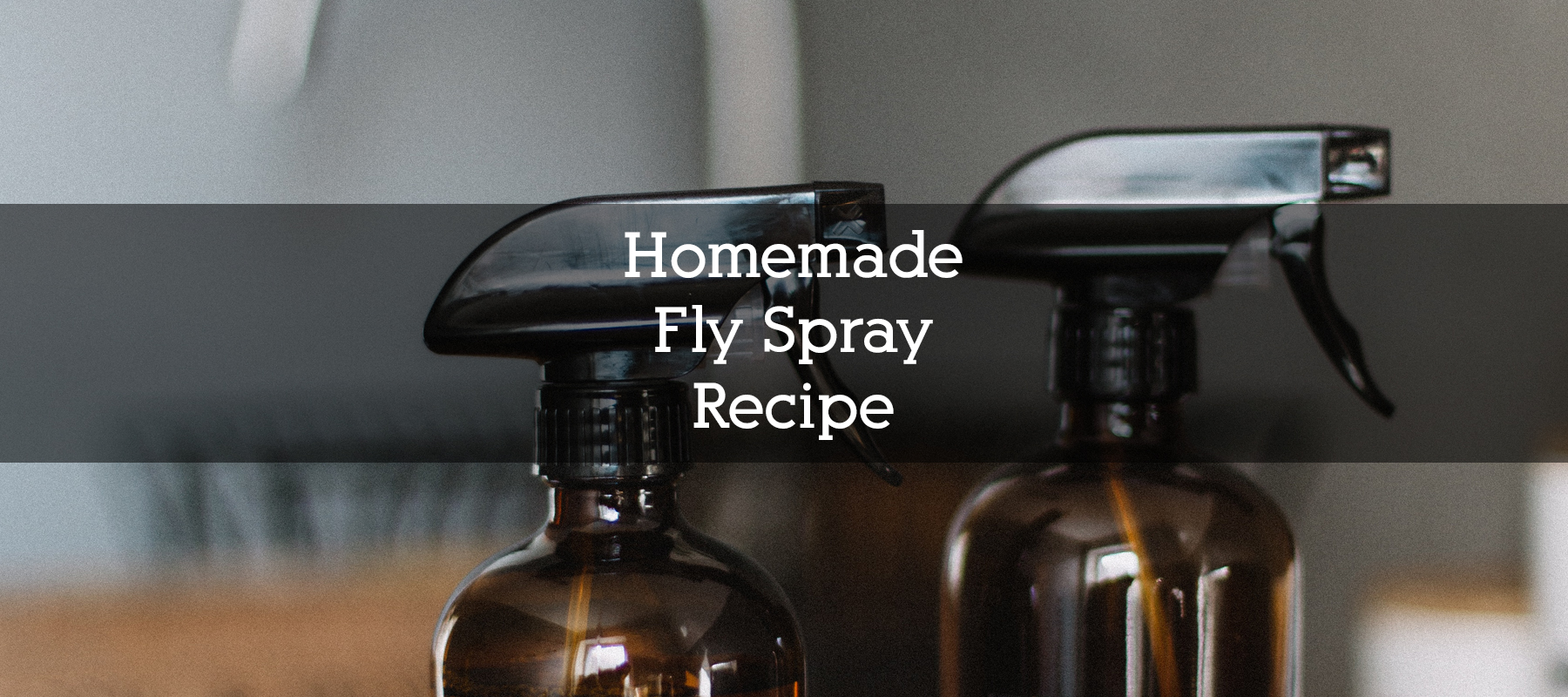
Homemade Fly Spray
Read more: Homemade Fly SprayAre you looking for a good DIY flyspray that you can make at home? One that actually works? Look no further. This is made with mostly natural ingredients and is […]
-
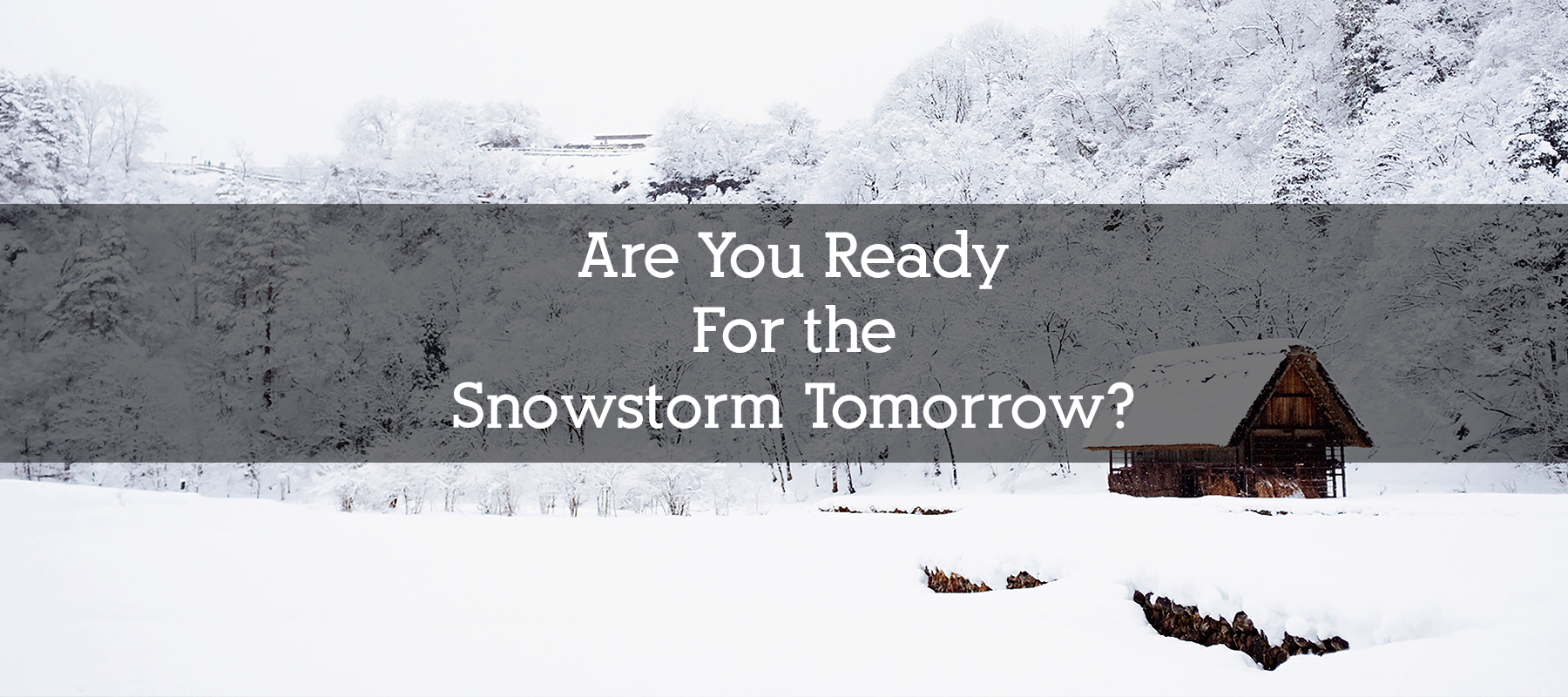
Are You Ready for Tomorrow’s Snow Storm?
Read more: Are You Ready for Tomorrow’s Snow Storm?In case you haven’t heard yet, there is a big snow storm coming tomorrow. All the news channels are covering it. If you want to see your weather forecast, check […]
-
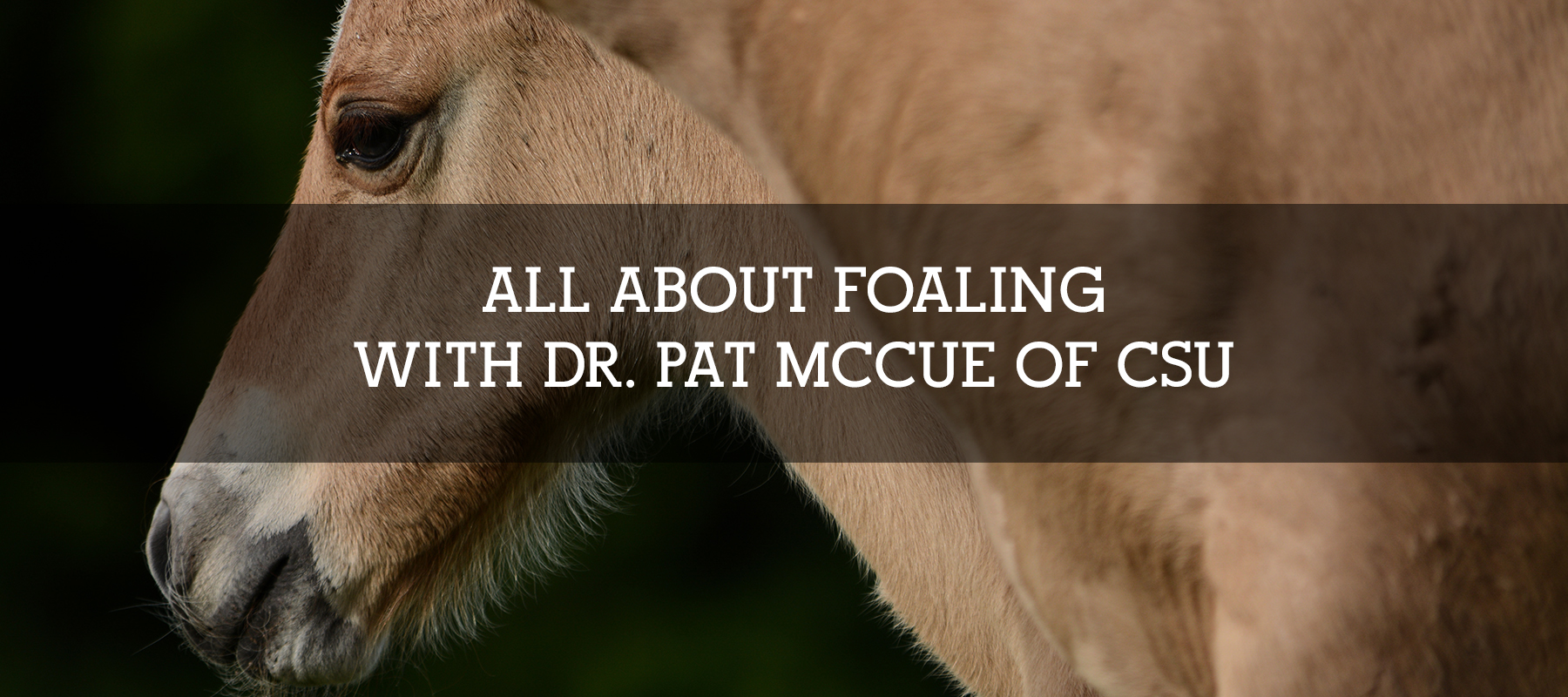
All About Foaling with Dr. Pat McCue of CSU
Read more: All About Foaling with Dr. Pat McCue of CSUWe are lucky to have Colorado State University here, they offer an exceptional team of equine vets to the community. Dr. Pat McCue has done a series on the Colorado […]
-
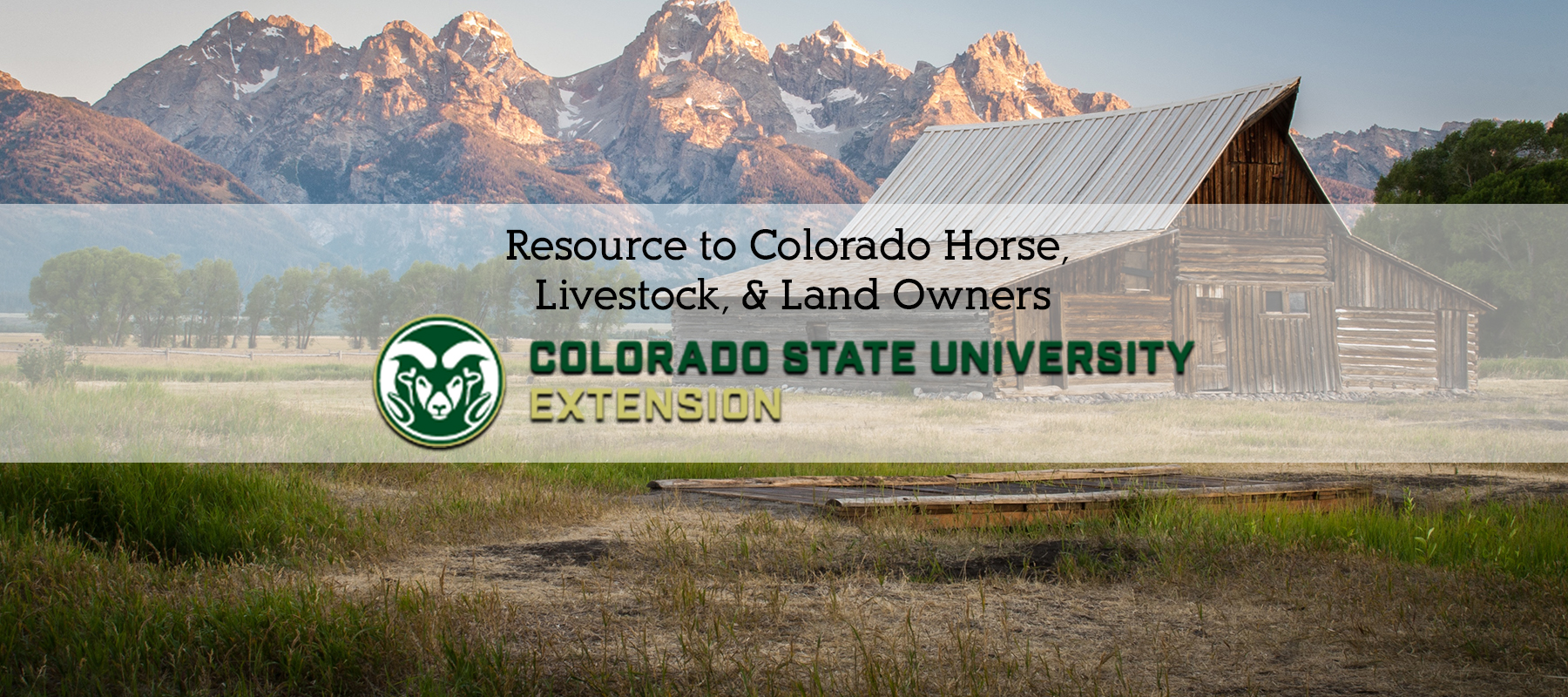
CSU Extention – Tool for Colorado Horse Owners
Read more: CSU Extention – Tool for Colorado Horse OwnersIf you are a horse (or livestock, or land) owner in Colorado, you want to know about the CSU Extension! The Extension is dedicated to serving current and future needs […]
-
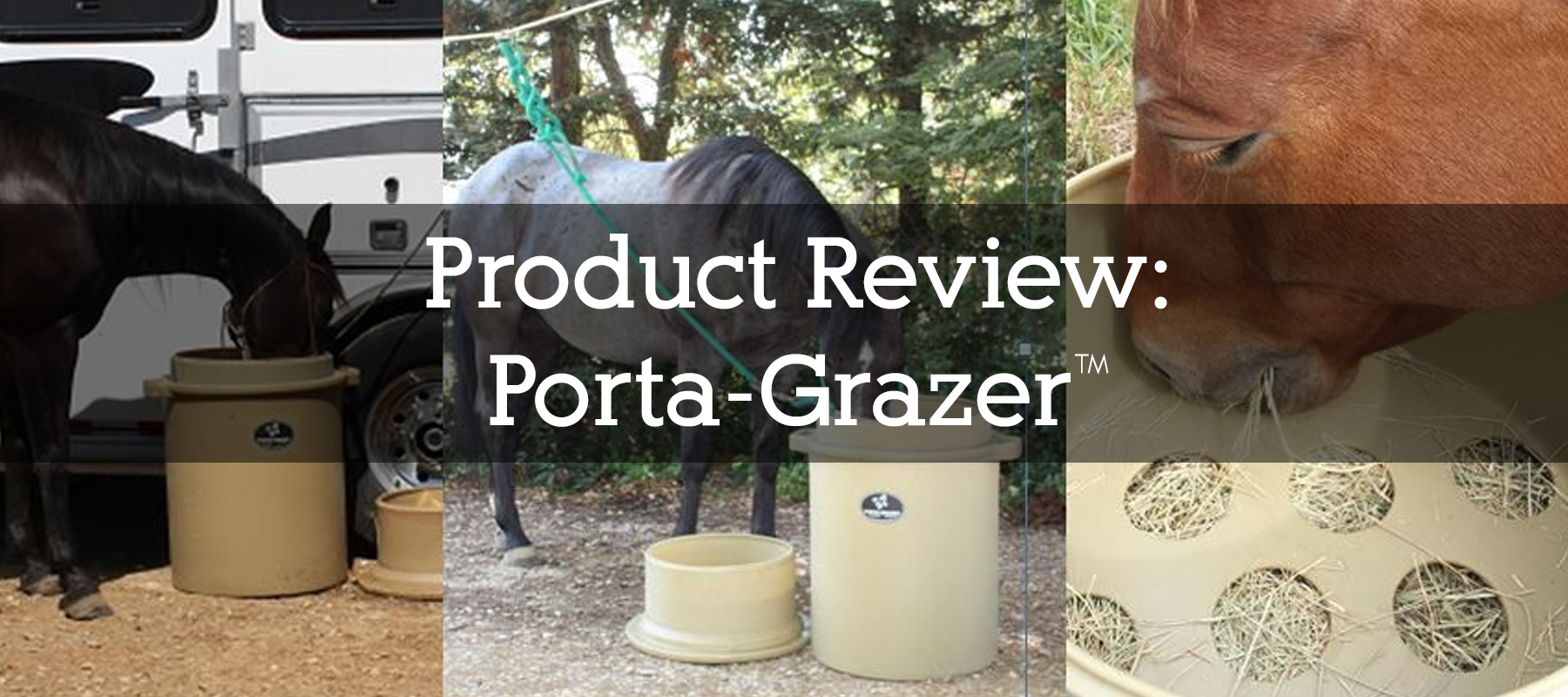 Colorado Horse News, Facility Management, Horse Care, Horse Health, Horse Ownership in Colorado, Product Reviews
Colorado Horse News, Facility Management, Horse Care, Horse Health, Horse Ownership in Colorado, Product ReviewsProduct Review: Porta-Grazer™
Read more: Product Review: Porta-Grazer™We wanted to share a product that we have been using for a while now, and absolutely love. It’s the Porta-Grazer™ , which is a way to feed your horse’s […]
-
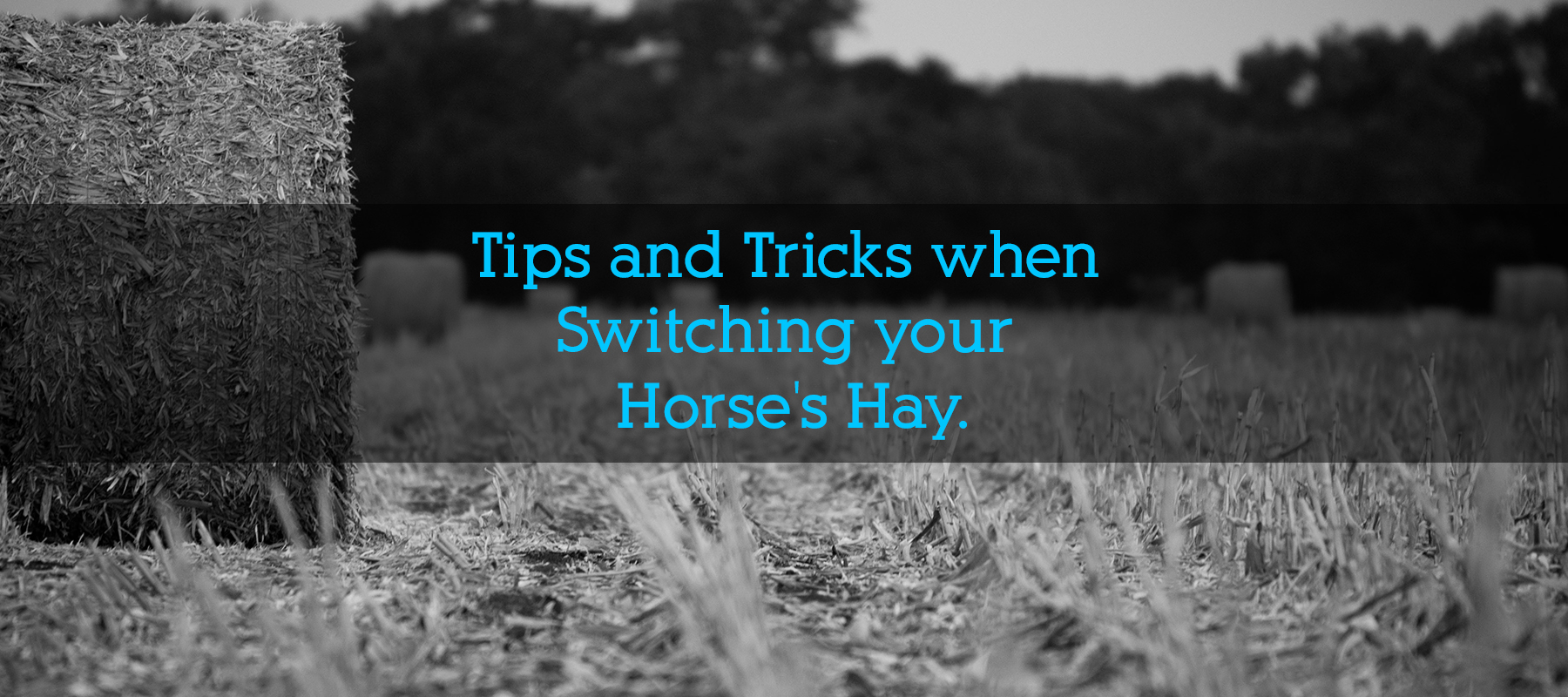
Tips and Tricks when Switching your Horse’s Hay.
Read more: Tips and Tricks when Switching your Horse’s Hay.There are a variety of reasons, as horse owners, our hay supply changes. New hay provider, new cutting, new boarding facility, etc.
-

Vaccine Rules for this Competition Year
Read more: Vaccine Rules for this Competition YearIf you compete, and any of those competitions are USEF licensed, then you need to stay up to date on the vaccine/vaccination rules. Also, be sure to find out the […]
-
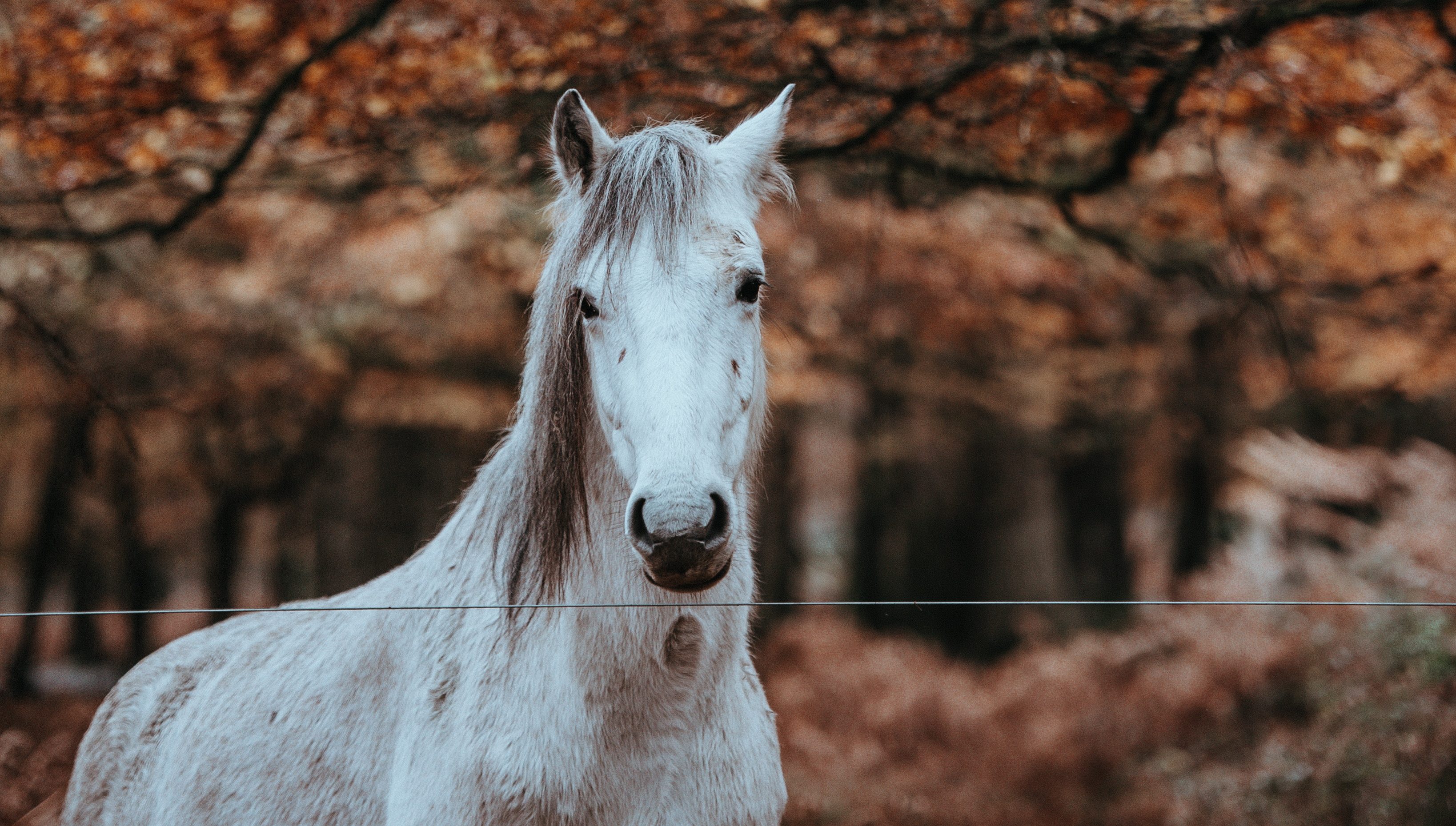
To halter or not to halter in turnout, that is the question.
Read more: To halter or not to halter in turnout, that is the question.The age old question, should I leave a halter on my horse during turnout? Everyone has their own opinion (as with everything horse 😂), but here are our thoughts and reasoning behind the […]
Search
Latest news
- Call To Action – 2024 Legislation Affecting Colorado Horse Industry
- Your Memorial Balloons are Killing my Animals
- Sneak Peak: Super Bowl LVIII The Clydesdales Are Back
Categories
- Colorado Horse Events (5)
- Colorado Horse News (72)
- Equestrian Grammar (3)
- Facebook Group Articles (2)
- Facility Management (37)
- Giveaways (1)
- Horse Breeding (2)
- Horse Care (61)
- Horse Feed & Nutrition (6)
- Horse Health (66)
- Horse Ownership in Colorado (192)
- Horse Tack (9)
- Horse Training & Showing (35)
- Local Highlight (2)
- Product Reviews (8)
- Tack Collections (12)
- Travel (6)

